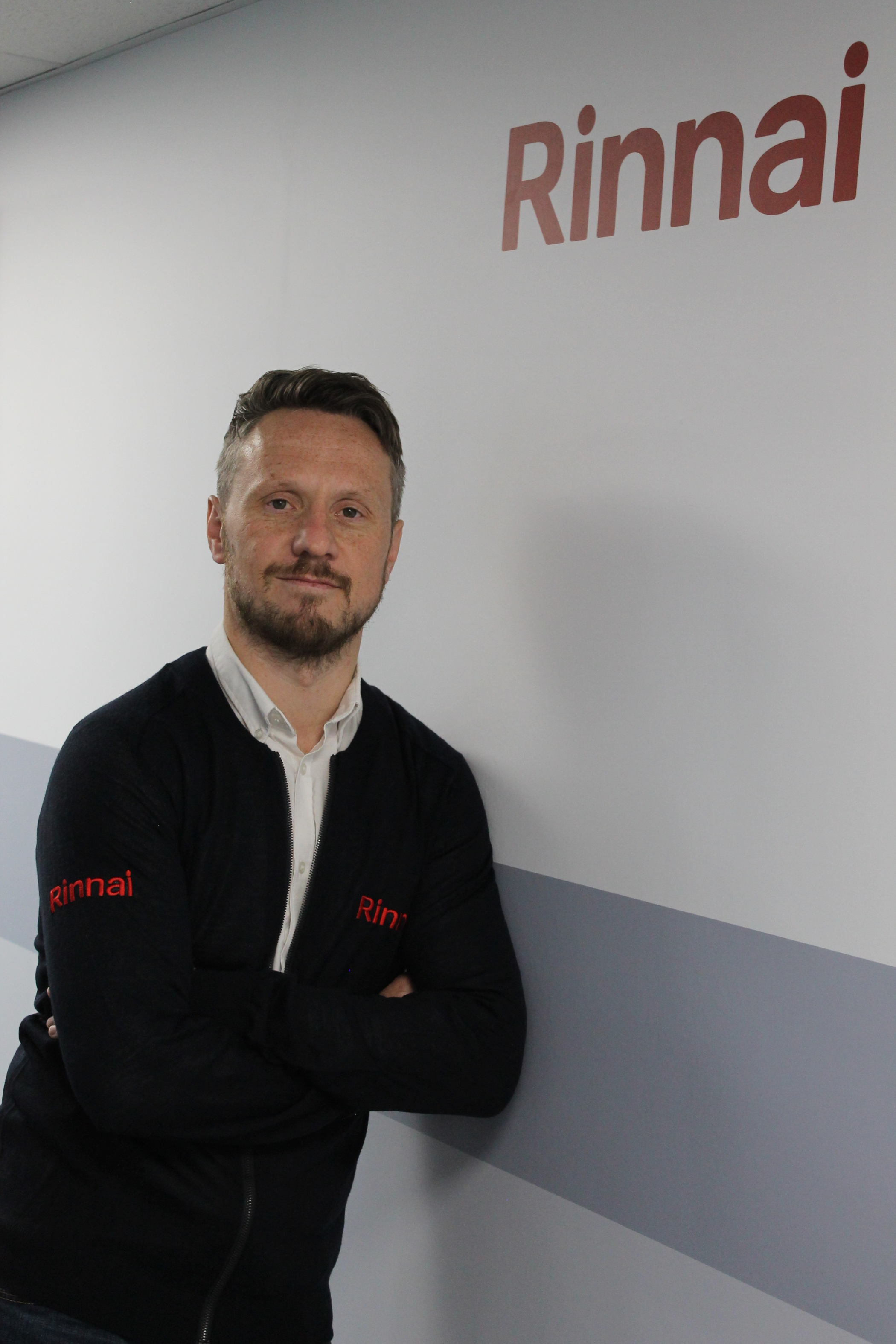Close collaboration and co-operation on all aspects of the off-grid renewable fuels market is helping both the appliance manufacturers and the liquid fuels industry make significant inroads into achieving lower carbon footprints for all in the supply chain, all the way to the end-user.
‘From a manufacturers perspective, and on the journey towards renewable liquid fuels, it became incredibly important that we collaborated with industry members and truly understand the nuances of the LPG market under times of such considerable regulatory overhead and that we start to systematically educate all relevant stakeholders regarding the critical steps in achieving our changing objectives,’ Chris Goggin of Rinnai told a recent conference on renewable liquid fuels.
He added, ‘This collaboration requires a complete value chain perspective in establishing the reality of practical, economically and technically feasible solutions for the wide array of off grid buildings.
Mr Goggin continued by saying that ‘new challenges are around the corner. For example, how will LPG / BIOLPG and Renewable liquid fuels be measured in building performance modelling tools and how will this impact the deployment of such appliances and fuels in the future.’
Rinnai’s operations director Chris Goggin addressed the recent Liquid Gas UK Conference held in Liverpool. Liquid Gas UK is the trade association for the renewable liquid gas industry across the UK. Members of this trade association represent every position in the UK energy industry from BIOLPG and LPG suppliers, specifiers, heating engineers and installers.
Chris Goggin’s presentation also announced Rinnai’s professional relationship with Dimeta that seeks to encourage clean domestic alternative fuel usage in the UK. Both Rinnai and Dimeta aim to advance the national deployment of DME and r-DME that will assist in UK decarbonisation plans.
A MOU (Memorandum of Understanding) has been agreed upon by both Rinnai and Dimeta through ongoing collaboration. This partnership will work on the following critical areas: appliances, appliance iteration requirements for 100% DME and appliance materials compatibility. The MOU will explore the development and ultimate deployment of DME fuel and appliances.
As UK energy usage transitions towards cleaner carbon reducing fuels Rinnai has adapted its product range to include hydrogen, solar thermal, heat pumps, BIOLPG and LPG technologies and advanced developments with DME. Domestic, commercial and off-grid properties can decarbonise immediately with Rinnai’s H3 range of products that have been designed purposefully to introduce a new era of UK clean energy acceptance.
Rinnai’s H3 range of products include domestic and commercial heat pumps that offer immediate property decarbonisation. Rinnai is determined to provide UK customers with cost effective low carbon solutions towards domestic and commercial hot water and building heating provision.
